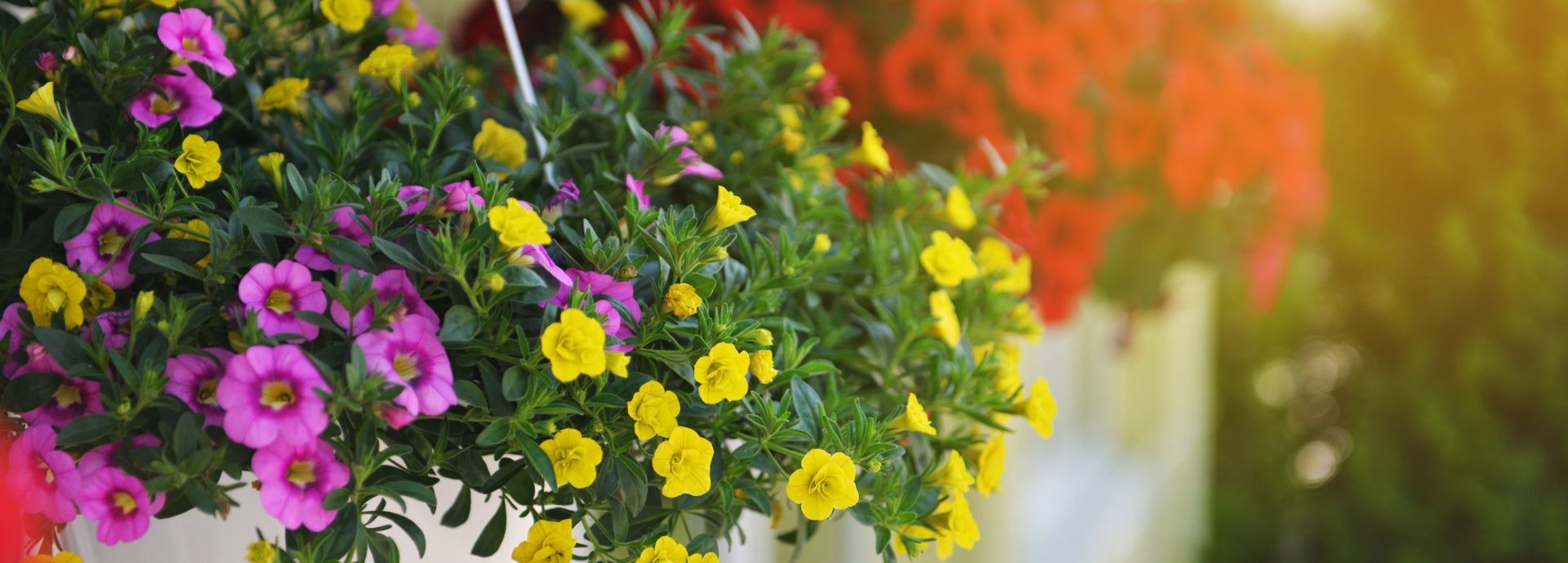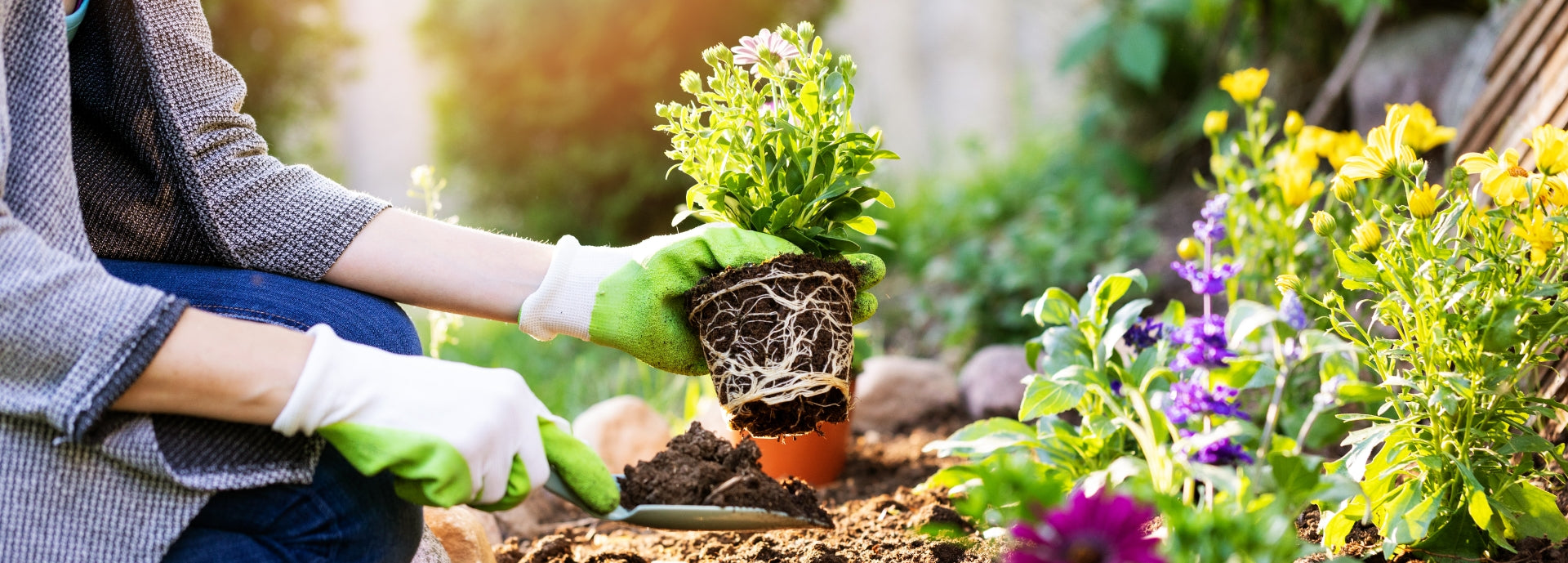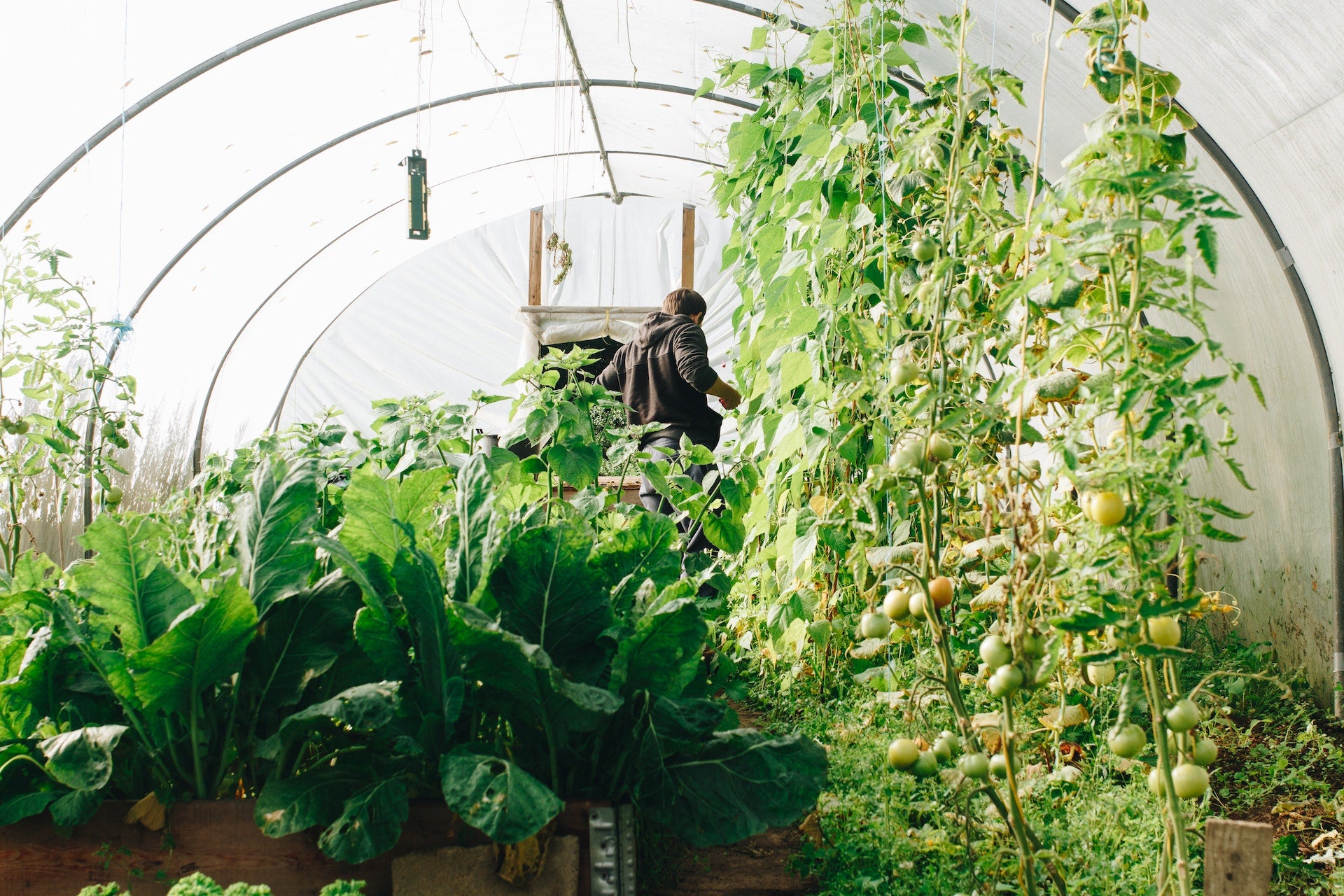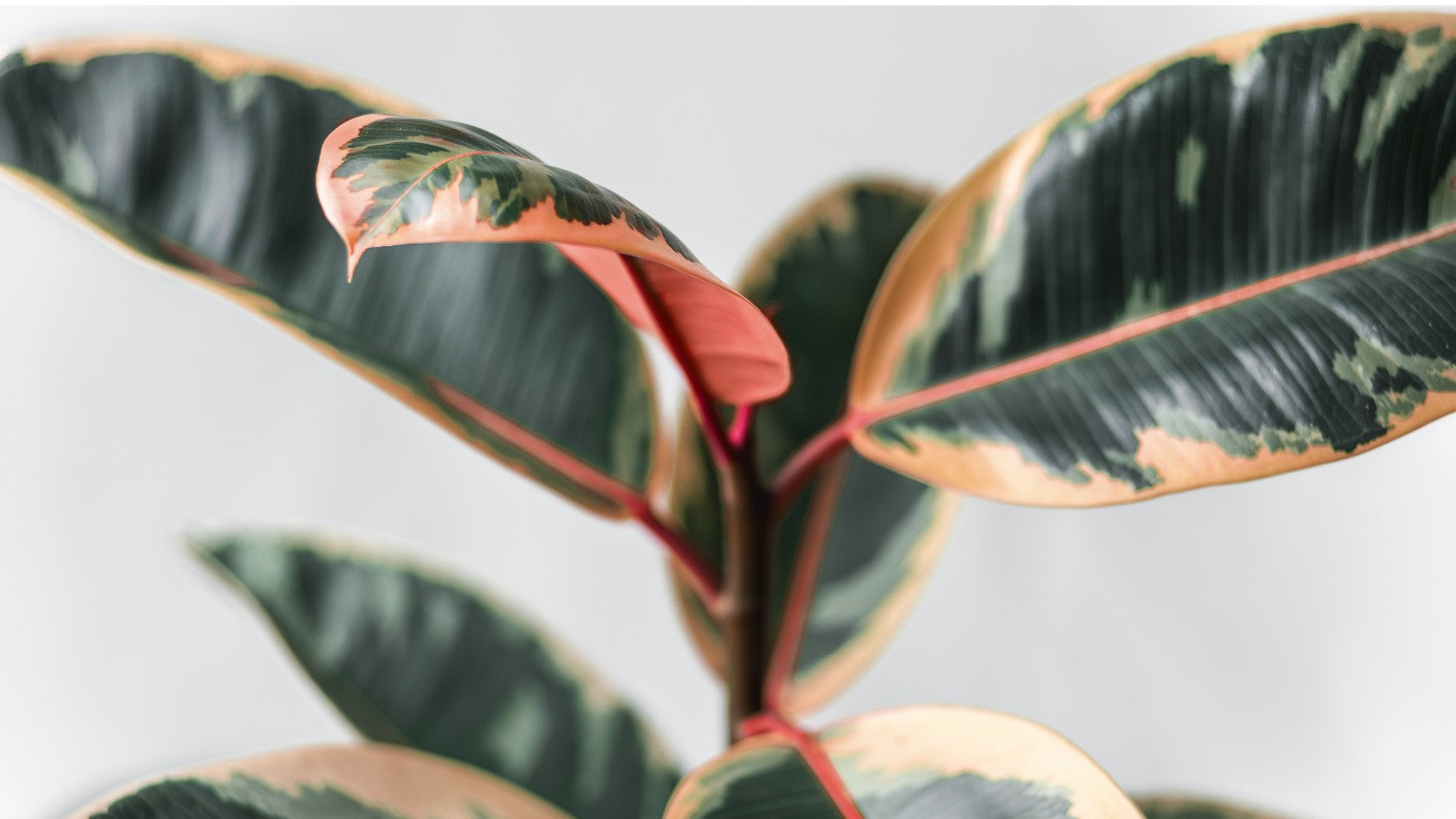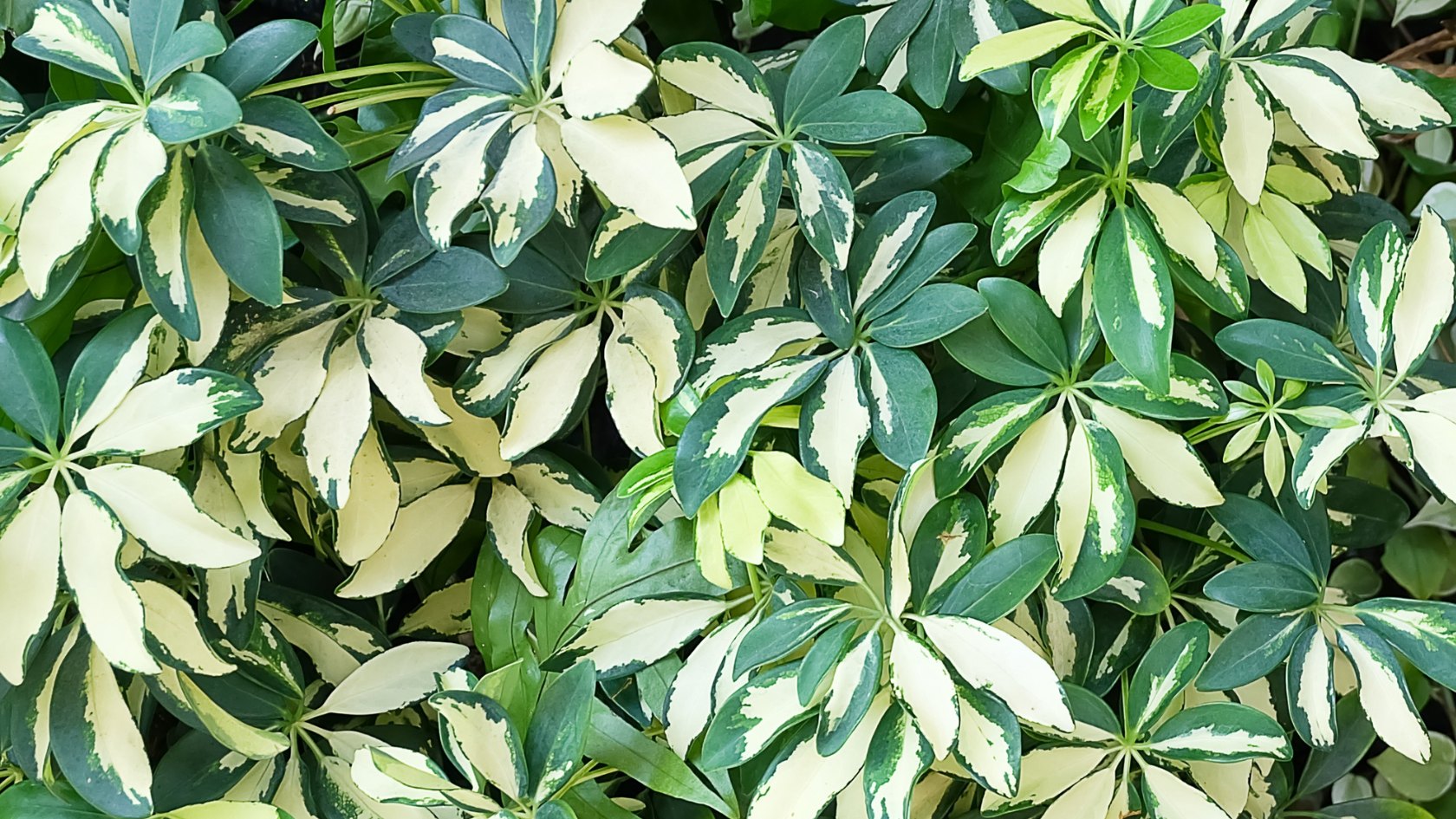Tips for watering your vegetable garden
Proper watering is essential for a successful vegetable garden. However, watering can be a bit tricky and it's easy to over water or underwater your plants. Here are some tips to help you manage watering for your vegetable garden:
- Know your soil: The first step in managing watering for your vegetable garden is to understand your soil. Well-drained soil is key for vegetable gardening. If your soil is heavy clay or sandy, you may need to amend it with organic matter to improve its water-holding capacity.
- Water deeply: When you do water your vegetable garden, make sure to water deeply. This will encourage the roots to grow deep into the soil, making them more resilient during dry spells. Use a watering wand or a soaker hose to water the base of the plants, rather than watering the leaves.
- Water at the right time: Watering in the morning is the best time to water your vegetable garden. This allows the plants to dry off before nightfall, reducing the risk of disease.
- Use mulch: Mulching is an effective way to conserve water in your vegetable garden. It helps to reduce evaporation and keeps the soil cool and moist. Use a 2-3 inch layer of organic mulch such as straw, grass clippings, or leaves to retain moisture.
- Use a water timer: A water timer can be a helpful tool for managing watering for your vegetable garden. It allows you to set a specific watering schedule, so you don't have to remember to water your garden every day.
- Monitor the weather: Keep an eye on the weather forecast and adjust your watering schedule accordingly. If it's going to be hot and dry, you may need to water more frequently. On the other hand, if it's going to be rainy, you can probably skip watering for a day or two.
- Check soil moisture: Another way to manage watering for your vegetable garden is to check the soil moisture. Use a moisture meter or stick your finger in the soil to check for dryness. The soil should be moist, but not waterlogged.
- Use a rain barrel: Collecting rainwater in a rain barrel is a great way to conserve water and save money on your water bill. Use this water to water your vegetable garden during dry spells.
Remember, each plant has its own watering needs and it's important to know the specific watering needs of your plants. Also, be mindful of the weather and soil conditions. By following these tips, you can effectively manage watering for your vegetable garden and ensure that your plants have the water they need to thrive.
Happy Gardening!


